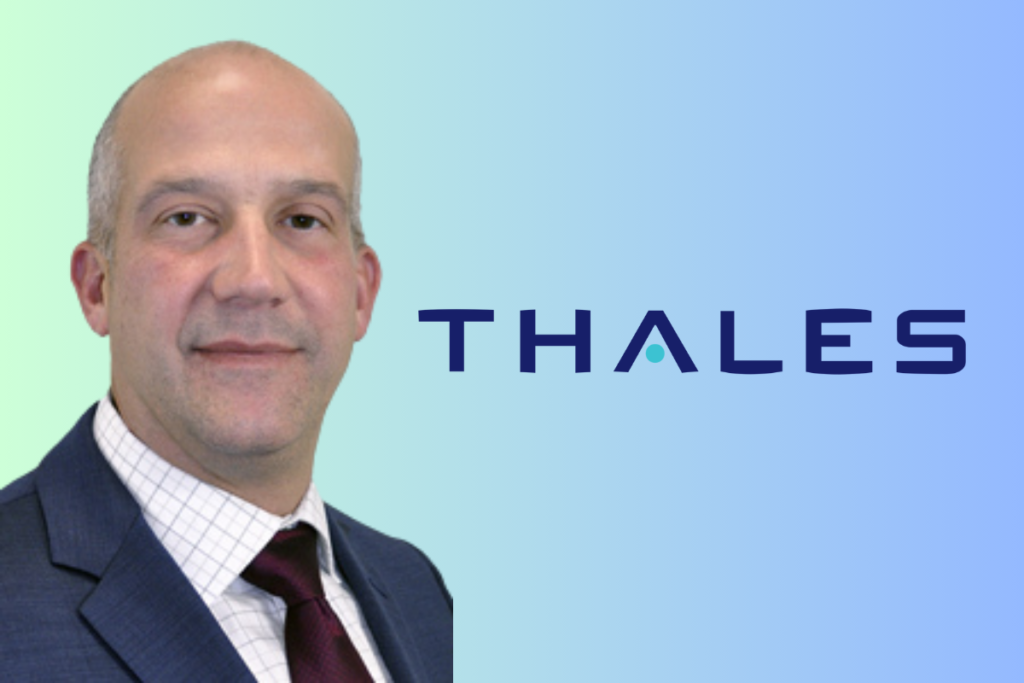In a pivotal moment for the trial of Bryan Kohberger, accused of the brutal murders of four University of Idaho students, defense attorneys launched a vigorous cross-examination of the lead detective on January 25, 2025.
The courtroom drama unfolded as Kohberger’s legal team sought to dismantle the prosecution’s case, questioning the integrity of the investigation and the evidence presented against their client.
During the proceedings, the defense focused on key aspects of the investigation conducted by the Moscow Police Department, challenging the credibility of the evidence that links Kohberger to the crime scene.
The lead detective, whose testimony has been central to the prosecution’s narrative, faced intense scrutiny as the defense sought to highlight alleged procedural missteps and potential biases in the investigation.
Kohberger, a criminal justice graduate student, has been charged with the murders of Kaylee Goncalves, Madison Mogen, Xana Kernodle, and Ethan Chapin on November 13, 2022. The high-profile case has drawn national attention, captivating the public and raising questions about the criminal justice process.
Throughout the cross-examination, the defense’s line of questioning aimed to cast doubt on the reliability of key pieces of evidence, including DNA samples and surveillance footage that purportedly placed Kohberger near the scene of the crime. They argued that the evidence could have been contaminated and that the investigation lacked thoroughness, asserting that the police may have rushed to judgment in identifying Kohberger as a suspect.
The detective defended his methods, stating that the investigation was conducted with the utmost professionalism and adherence to protocol. He emphasized the importance of the evidence gathered, insisting it was crucial in establishing Kohberger’s connection to the murders.
However, the defense appeared determined to undermine the detective’s assertions, suggesting that alternative explanations for the evidence could exist. As the trial progresses, public interest remains high, with many closely following the developments in the courtroom.
The defense’s strategy reflects a broader trend in high-profile criminal cases, where legal teams meticulously dissect the prosecution’s evidence in an effort to secure acquittals for their clients.
With the prosecution expected to present further witnesses in the coming days, the trial is poised to continue drawing scrutiny from the public and media alike. Kohberger’s fate hangs in the balance as both sides prepare for what promises to be a contentious trial that could shape the future of criminal prosecution in high-profile murder cases.



